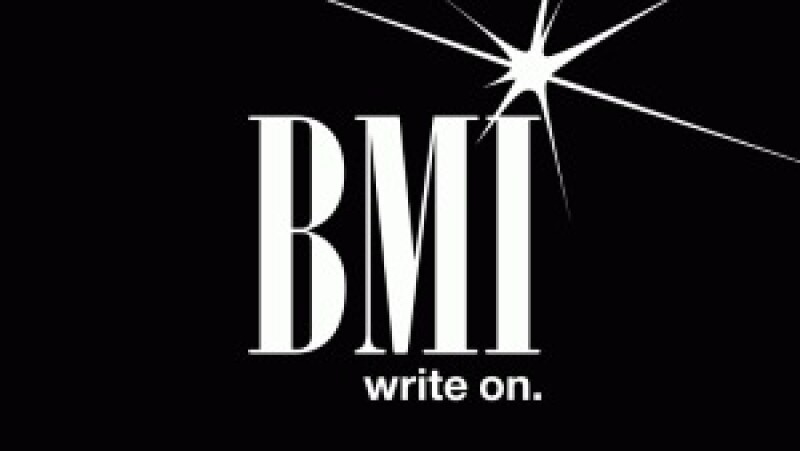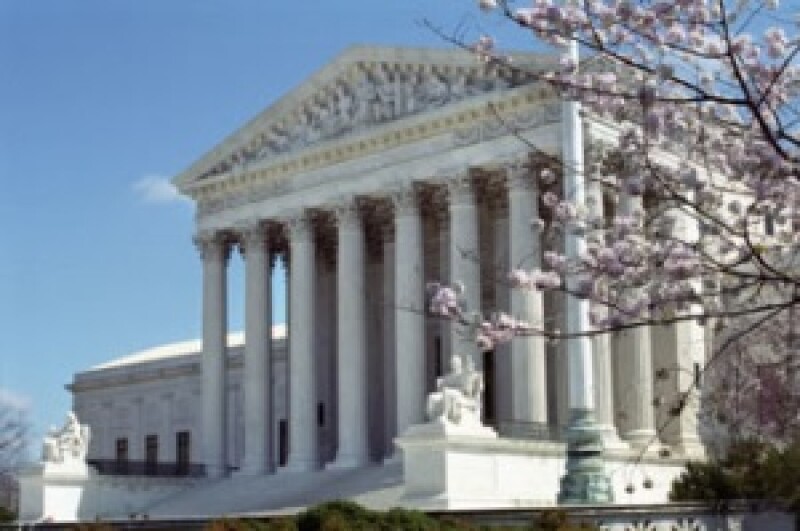Also on the blog in the past week were:
Read the highlights from the AIPPI World Congress
Pondering four years of PTAB proceedings
Supporting IP education in Africa
We’ve also posted the following articles in the past week (log in via subscription or free trial):
Interview: Chief Judge David Ruschke leads the PTAB into new phase
Juries award damages against Apple, LG in Eastern District of Texas
Reactions to EU copyright proposals
Colour combinations: getting back to WYSIWYG
PTAB 4 Years In: Biotech/pharma’s share of AIA trials increases
PTAB 4 Years In: Federal Circuit appeal statistics and unresolved issues
How the EPO is tackling its backlog
European copyright reform coming - slowly
Food companies have a taste for 3D trademarks
Judges weigh in on expert evidence around the world
Keep calm and be prepared for Brexit
Meet AIPPI’s first Chinese President
WIPO's Gurry outlines five challenges
BMI handed fractional licensing victory

Judge Louis Stanton of the Southern District of New York has issued an order rejecting the US Department of Justice’s (DOJ) recent interpretation of the BMI consent decree, and concluded that BMI is free to engage in the fractional licensing of musical works.
The decision immediately followed oral arguments from both parties. Judge Stanton’s ruling is now the controlling interpretation of the BMI consent decree. “The consent decree neither bars fractional licensing nor requires full-work licensing,” said Judge Stanton.
As the Wall Street Journal explains: “BMI and Ascap have argued that fractional licensing is a longstanding industry practice, and proposed that the decrees be modified to explicitly allow it.”
The Journal continued: “The Justice Department said in August that the consent decrees required ‘full-work’ licenses, and said fractional licensing ‘would undermine the traditional role of the Ascap and BMI licenses in providing protection from unintended copyright infringement liability’ and would create difficulties for music users required to ‘meticulously’ track ownership. Friday’s decision has no impact on Ascap, whose cases are overseen by a different federal judge.”
BMI President and CEO Mike O’Neill commented: “As we have said from the very beginning, we believed our consent decree allowed for the decades-long practice of fractional licensing and today we are gratified that Judge Stanton confirmed that belief. Our mission has always been to protect the interests of our songwriters, composers and publishers, and we feel we have done just that. Today’s decision is a victory for the entire music community.”
Will SCOTUS hear Redskins/Slants?
With the Supreme Court’s new term starting in October, attention is turning to what IP cases may be taken up.

Reuters ran a good overview of potential cases that may be granted cert, in addition to the four cases for which oral arguments are already scheduled. These include the Dancing Baby copyright case and Novartis’s attempt to launch a biosimilar of Amgen’s Neupogen cancer drug.
However, with the court currently a justice down, it may be cautious about the cases it takes on. Reuters quoted law professor Mark Lemley as saying: "I do think the court will be looking for cases that don't break along traditional partisan lines. IP cases fit that bill.”
The most-closely-watched issue that has been petitioned to the Supreme Court is disparaging trade marks, with both the Redskins and The Slants cases up for consideration.
Foley Hoag’s Trademark and Copyright Law blog ran a helpful overview of those two cases for those in need of a refresher.

Anthony Rufo wrote: “Both the Tam [The Slants] and Blackhorse [Redskins] petitions are ripe for a decision. The Supreme Court does not have to accept either case, but it could choose to hear Tam alone or both Tam and Blackhorse together. Although they deal with the same controversial issue (stereotypes of minority groups) in regard to the same provision of law, there is a compelling reason to hear both cases together instead of just one.”
He said the Tam court found Section 2(a) to be unconstitutional in light of arguments in favour of registration made by members of the minority group in question, while the Blackhorse court reached the opposite conclusion and upheld Section 2(a), but also did so in favor of the arguments made by members of the minority group at issue, this time in opposition to registration.
“By taking up these two cases at the same time, the Supreme Court will have the opportunity to determine what, if any, weight should be given to the identities of the parties in such cases, and to confront head on what appears may be an irreconcilable dichotomy,” Rufo said.
Judge Newman: The Great Dissenter
Law.com ran an interesting profile of Federal Circuit Judge Pauline Newman, who at 89 maintains a full caseload.

While Newman has only issued two precedential majority opinions this year, she has issued 10 dissents in patent cases.
No other judge has issued more than two.
The article’s author Scott Graham noted: “Over the past five years, as the Federal Circuit has absorbed a new generation of judges and the court has wrestled the America Invents Act, Newman’s dissent rate has climbed ever higher. She has authored 64 dissents just in patent cases since 2012, including 14 dissents from denial of en banc review.”
GIPC slams UN medicines report
The US Chamber of Commerce has condemned a UN report attacking patents.
The United Nations High-Level Panel on Access to Medicines called on governments to restrict patentability of medical innovations; make use of compulsory licenses to override patents; reduce the private sector role in the research and development of new cures; and, put the United Nations itself above national governments in oversight of intellectual property rights.
“The UN High-Level Panel on Access to Medicines has issued a report that was never intended to address the true barriers of access to medicines; it was designed to drive a narrow and extreme agenda,” said Mark Elliot, executive vice president of the Global Intellectual Property Center. “The Panel’s predetermined conclusions ignored decades of data and the input of key countries in asserting that intellectual property is the problem with access to medicines.
“In doing so, the Panel ignored the real culprits that stand between patients and care: excessive tariffs and taxes on imported medicines, and weak healthcare infrastructures that hinder the effective distribution of medicines. And the UN’s own data shows that intellectual property does not restrict access to medicines: 95% of essential medicines are no longer under patent.
“The irony is that by singling-out patents, this report has attacked the innovative systems that have actually produced thousands of cures and saved millions of lives.”
The Panel’s report came one day after USPTO Director Michelle Lee testified at a US House of Representatives Judiciary Committee hearing, reaffirming “serious concerns” with its “narrow focus and the biased mandate.” In February, the Chamber joined the U.S. Government and other countries and organizations in objecting to the Panel's “fundamentally flawed” premise that there is a “misalignment between the rights of inventors, international human rights law, trade rules and public health.”
Copyright “not a divine right”
The High Court of Delhi has authorised Delhi University to issue photocopies of textbooks, in a case brought by Oxford University Press, Cambridge University Press and Taylor & Francis, reports The Hindu.
The court said that students could get books copied from the university’s library or its authorised photocopy shop under Section 52 of the Copyright Act, which exempts education from copyright infringement. “Copyright, especially in literary works, is thus not an inevitable, divine, or natural right that confers on authors the absolute ownership of their creations. It is designed rather to stimulate activity and progress in the arts for the intellectual enrichment of the public,” The Hindu quotes Justice Rajiv Sahai Endlaw as saying.








